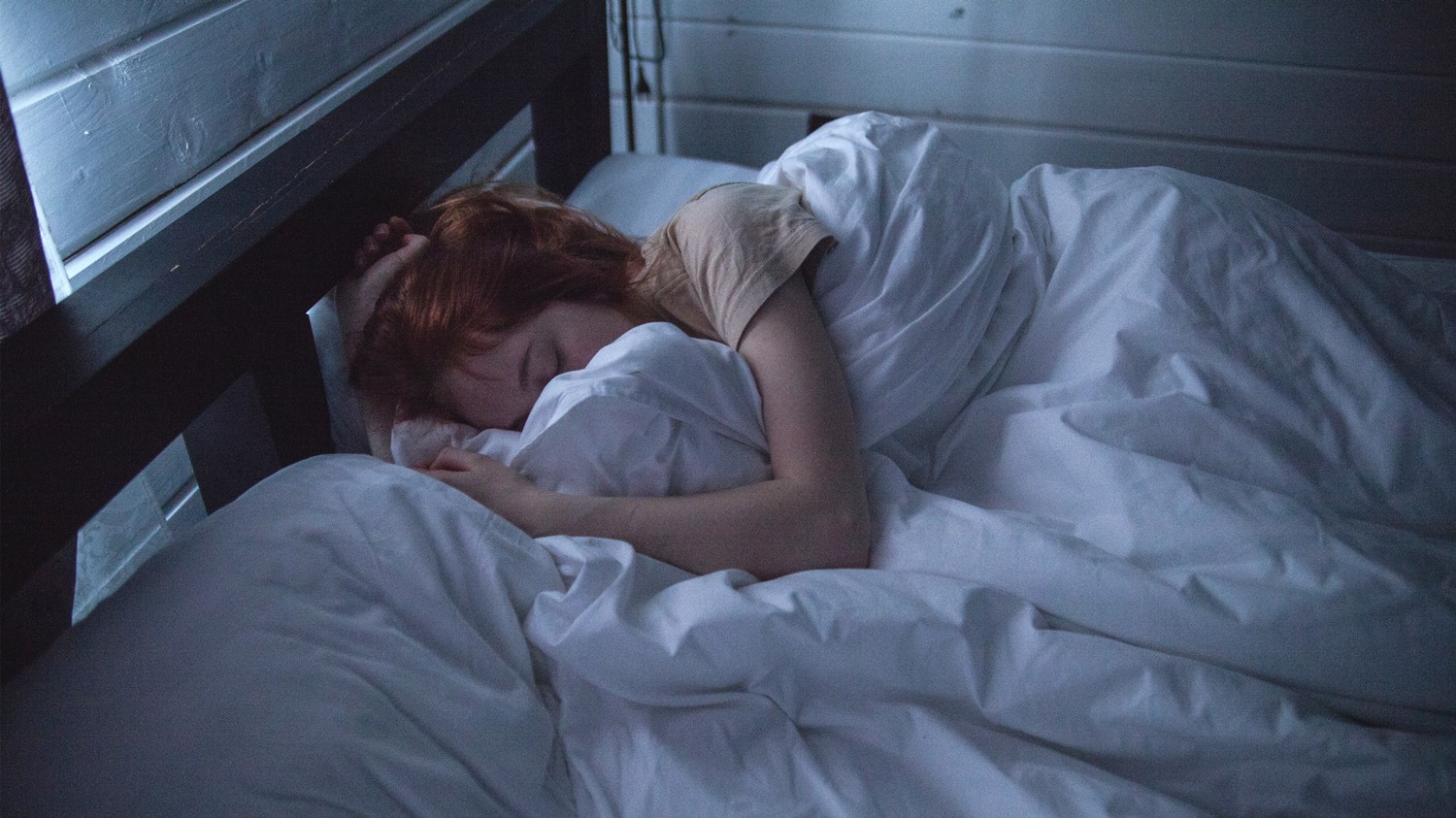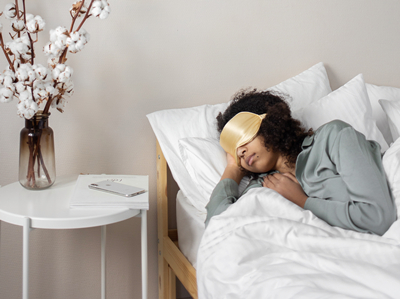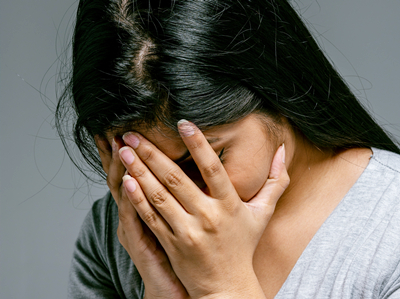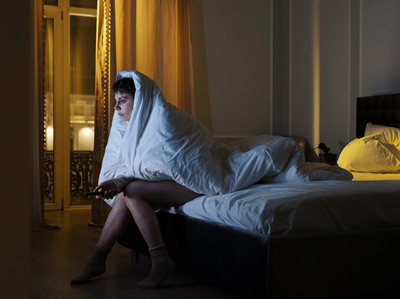
A Little Change for The Diapers, A Big Change for The World | Eco Boom Baby Bamboo Diapers and Wipes Manufacturer
A Little Change for The Diapers, A Big Change for The World | Eco Boom Baby Bamboo Diapers and Wipes Manufacturer

Premenstrual Syndrome is a condition defined by extensive and bothersome symptoms that arise in the days preceding your period and can continue with menstruation.
What is menstrual insomnia?
According to the National Sleep Foundation, some women toss and turn during the days leading up to their period and the first few days of their cycle. Not only is it harder for them to fall asleep, but the quality of their sleep declines, too. In fact, women also hit the REM sleep phase for less time in the premenstrual phase than they do during other times. REM ( rapid eye movement ) is the deepest and most restorative sleep stage, which could explain why women feel so groggy when they have PMS. Read more about the 4 sleep stages and why they matter.
What is PMS?
Premenstrual Syndrome is a condition defined by extensive and bothersome symptoms that arise in the days preceding your period and can continue with menstruation. The severity of PMS varies, but some women with PMS find that the symptoms disrupt their daily life and activities.
What is PMDD?
Premenstrual dysphoric disorder is a more severe condition involving at least five symptoms including significant changes to mood or emotional health. PMDD can result in greater problems at work, in school, or in social and family life.
Why is your period keeping you up at night?
From cramping and breast tenderness to low moods and anxiety, your period is so much more than a monthly bleed. The majority of people who menstruate report having symptoms linked to PMS up to two weeks before their period begins. This can make day-to-day life more difficult and can get really tiresome. Your period may be the thing that’s causing you to lose shut-eye. How is your period keeping you up at night? If you notice that your sleeping pattern falls out of place on the run-up to your monthly bleed then you may have your menstrual cycle to blame.
According to research conducted by the US National Sleep Foundation, 30% of people experience disturbed sleep during their periods. 23% also said they struggle to get a full eight hours on the week running up to their period. While people with PMS are twice as likely to experience insomnia, 70% of people with premenstrual dysphoric disorder say they experience insomnia-like problems with 80% describing themselves as tired.
Throughout your menstrual cycle, your hormones rise and fall. In the week before your period, your progesterone levels rise. If you don’t conceive then your progesterone levels will dip and you’ll get your period. After your monthly bleed, your progesterone levels start to rise again. It’s this dip in progesterone during your period that may make it more difficult to sleep.
Progesterone isn’t the only hormone that could influence how much sleep you get. During your period your body temperature rises by up to a whole degree. While this doesn’t sound too severe, this rise in temperature can wreak havoc with your sleeping pattern. This is caused by changes in your levels of estrogen. The part of your brain that regulates your body temperature is influenced by your estrogen levels. If you have low estrogen levels then you may experience hot flashes and night sweats.



Ways to cure PMS and insomnia
According to the experts, the first step against insomnia is to develop a sleep log so that you can come to a conclusion if there is a link between menstrual-cycle and sleep.
Keep a sleep diary. Record the days of the month you have trouble falling or staying asleep, as well as when you wake early or have daytime sleepiness and fatigue.
Stick to a sleep schedule that has you waking up in the morning and going to bed at the same time everyday.
Create a soothing environment with clean bed sheets; make your sleep area a comfortable, dark place.
Keep soothing teas and herbal hot packs within reach.
Avoid alcohol. Though having a glass of wine in the evening may induce sleepiness, drinking alcohol at night can cause wakefulness and disturbed sleep.
Menstruating women sometimes feel hungry all the time, so if you are hungry close to bedtime just nibble, take a bite or two of something light like a cracker.
Focus on things you love or have been wanting to do, like gardening, listening to soothing music, taking your kids to the beach.
Avoid coffee and tea before bed because the caffeine keeps us up.
Exercise more as it helps to promote deep sleep.
Last but not least, if you're having trouble falling asleep during your period, ECO BOOM can help. Our period care products can help you sleep better. ECO BOOM bamboo sanitary panty liners/pads use 100% bamboo viscose on topsheet, made it can be 100% biodegradable. And bamboo viscose is breathable and absorbent so that it can keep surface comfortable.
Copyright © 2019 XIAMEN MK HEALTH CARE PRODUCT CO., LTD . | All Rights Reserved
We are here to help you! If you close the chatbox, you will automatically receive a response from us via email. Please be sure to leave your contact details so that we can better assist